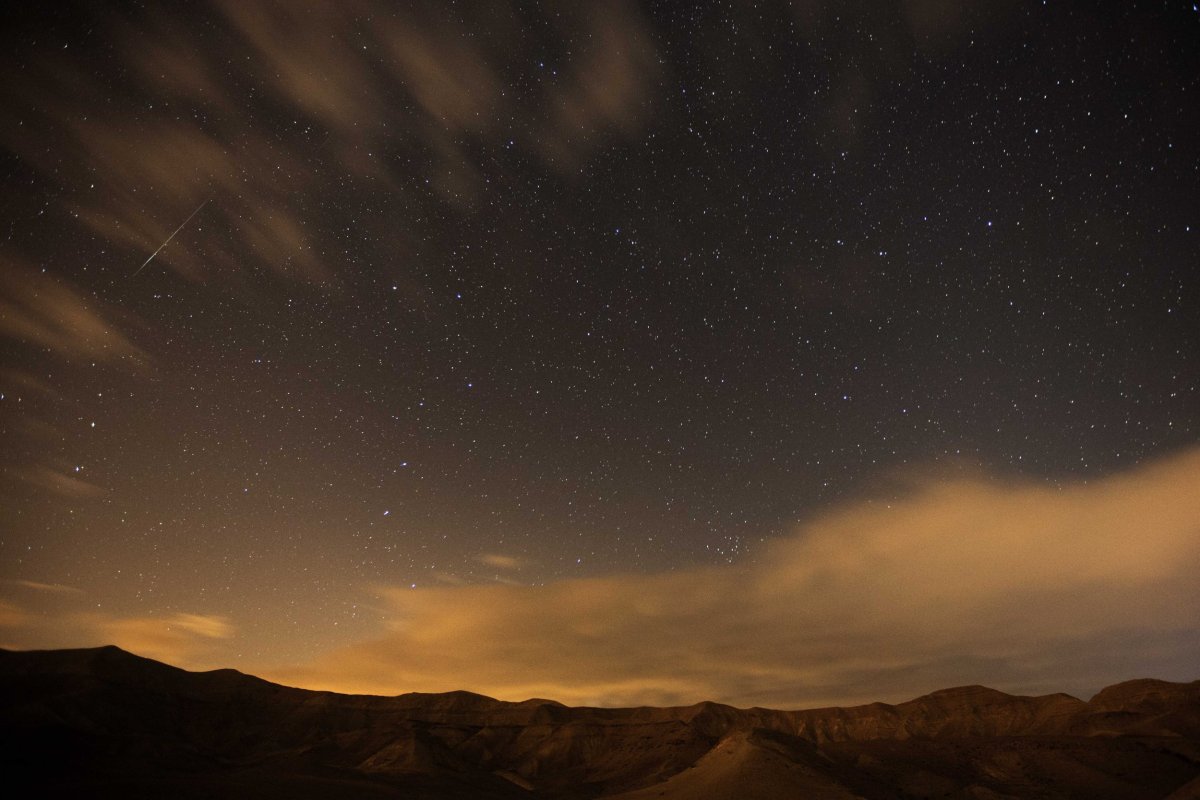By the time you read this, it may be too late, but word on the street is that the world will end tomorrow, Saturday, September 23. The only problem—other than the reliability of the source of that prediction—is that life is actually really hard to destroy.
Writer and Christian numerologist David Meade claims that the world will end on September 23 based on a series of biblical verses that seem to align with the recent solar eclipse and hurricanes. Meade has elaborated on what he says was a misconstrued interpretation of his prediction. As he told Newsweek, he doesn't exactly believe that the world will end September 23 but rather that a celestial event will take place over Jerusalem on this date, starting seven years of hardship and eventually ending with the biblical doomsday.
Related: Five mass extinctions wiped out 99 percent of species that ever lived. Are we headed for the sixth?
Whether the world will end tomorrow or seven years from now really makes little difference. But is it even physically possible to end all life on Earth? According to the experts, probably not.

Humans and many other earthly species can be fairly picky about their environment, refusing to live in places that are too hot, too cold or too devoid of natural resources. But, explains David Fitch, who teaches biology at New York University, many forms of life are extremely resilient, able to survive—and even thrive—in the harshest conditions available on Earth.
Known as extremophiles, these life forms would be hard to wipe out, says Fitch. "There is the Deinococcus, which is a bacteria that grows fine in nuclear waste sites and can be irradiated to the point that their entire chromosome is broken up, but they reassemble it and live just fine," Fitch tells Newsweek. He also described varieties of nematodes (tiny worms) that inhabit places considered toxic to humans and could even survive in the vacuum of space.
Related: Did dark matter kill the dinosaurs? How mass extinctions are linked with universe's mystery ingredient
Of course, the end of the world is nothing new. Our planet has been through several mass extinctions to date. But even though more than 99 percent of species that have ever existed are now extinct, life has still found a way to persist. "Maybe there might be some kind of general characteristics that some creatures might have [to help them survive extinctions]," says Fitch. "They are small and they have large populations, so that even if a mass extinction wiped out 99 percent, that 1 percent that is left is still large."
And at least one creature—the tardigrade—has survived several mass extinctions. "They have seen the dinosaurs come and go," Ralph O. Schill, a zoologist at the University of Stuttgart, told The Washington Post. A recent modeling study in Scientific Reports posited that tardigrades could withstand gamma-ray bursts, asteroid impacts and other astronomical events, making global sterilization "an unlikely event."
But Fitch also says that humans are not as fragile as we might think. "Humans are incredibly adaptable organisms with pretty high population sizes. I can imagine that in the case of a nuclear holocaust or major mass extinction, with our adaptable culture and tools we might be able to even survive something like that," he said.
There you have it. Doomsday, whether tomorrow or in a millennium, is still fairly unlikely. Of course, if you'd like to spend the weekend partying as if the end is nigh, that's completely up to you.
Correction: A previous version of this story incorrectly spelled David Fitch's name. It has now been corrected.
Uncommon Knowledge
Newsweek is committed to challenging conventional wisdom and finding connections in the search for common ground.
Newsweek is committed to challenging conventional wisdom and finding connections in the search for common ground.
About the writer
To read how Newsweek uses AI as a newsroom tool, Click here.








